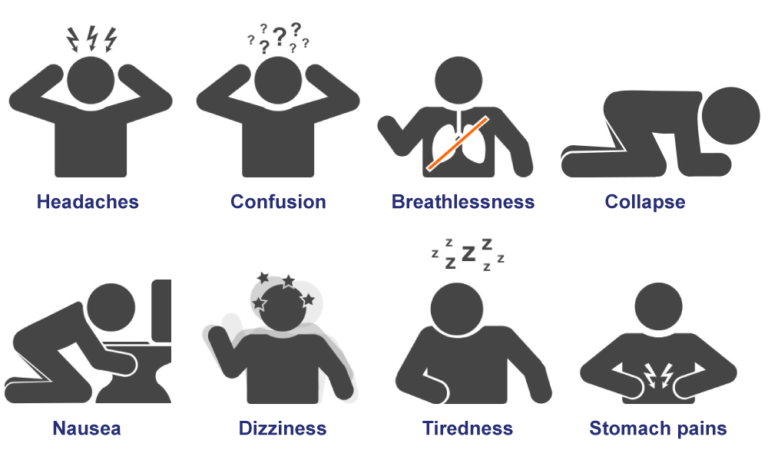

Smokers may be breaking a long-established habit, which requires significant adjustment, and so may go through a “grieving process”, but this will pass in time.įeeling extra tired, sleepy or unable to sleep is very common, as are vivid dreams – this is linked to changes in metabolism and lack of nicotine. Tearfulness, anxiety, irritability and loss of concentrationĪll of these are associated with the body getting used to being without Nicotine.Nicotine acts as an appetite suppressant (please see ‘Tips to Help You Quit’). Your blood supply is improved as level of poisonous carbon monoxide in the blood falls and oxygen supply to brain increases.īetter circulation in hands and feet is an immediate health benefit. Millions of tiny hairs called cilia, designed to keep the air passages clean, start to work again to clear away the dirt caused by tobacco smoke. More coughing and bringing up of phlegm or mucus.Remember – not everyone will get all of these: The good news is most of these symptoms will ease within the first week or two of giving up and should go away after four weeks.īelow is a list of possible withdrawal symptoms. The more addicted to nicotine a person is the more withdrawal symptoms may occur. When quitting, the absence of nicotine is what causes the withdrawal symptoms. Your body becomes dependent on the regular hits of nicotine and its effects – and this is addiction. This means that you have to smoke more to get the same result. The more you smoke, the more your brain becomes used to the nicotine.

This is why many smokers enjoy the nicotine rush and become dependent on it. When you inhale the nicotine, it immediately rushes to your brain where it takes effect to produce feelings of pleasure. It mainly affects chemicals called dopamine and noradrenaline. Nicotine alters the balance of chemicals in your brain.


 0 kommentar(er)
0 kommentar(er)
